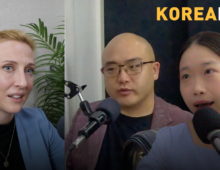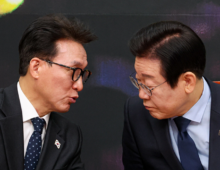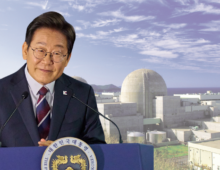‘Fact education’ must supplement ‘fact-checking’ to overcome misinformation exacerbated by polarization, experts say
South Korea stands as one of the world’s most digitally active societies. However, recent studies suggest that it is ill-equipped to tackle the burgeoning challenge of online misinformation. Deep-seated political divides have only compounded the problem, as many seem unwilling to address the challenge head-on.
At a conservative rally in late June, President Yoon Suk-yeol highlighted the threats that “false instigations, fabrications and fake news” present to South Korea’s freedom. However, these warnings were largely veiled criticisms of the policies of the preceding Moon Jae-in administration.
South Korea stands as one of the world’s most digitally active societies. However, recent studies suggest that it is ill-equipped to tackle the burgeoning challenge of online misinformation. Deep-seated political divides have only compounded the problem, as many seem unwilling to address the challenge head-on.
At a conservative rally in late June, President Yoon Suk-yeol highlighted the threats that “false instigations, fabrications and fake news” present to South Korea’s freedom. However, these warnings were largely veiled criticisms of the policies of the preceding Moon Jae-in administration.
Get your
KoreaPro
subscription today!
Unlock article access by becoming a KOREA PRO member today!
Unlock your access
to all our features.
Standard Annual plan includes:
-
Receive full archive access, full suite of newsletter products
-
Month in Review via email and the KOREA PRO website
-
Exclusive invites and priority access to member events
-
One year of access to NK News and NK News podcast
There are three plans available:
Lite, Standard and
Premium.
Explore which would be
the best one for you.
Explore membership options
© Korea Risk Group. All rights reserved.
No part of this content may be reproduced, distributed, or used for
commercial purposes without prior written permission from Korea Risk
Group.












